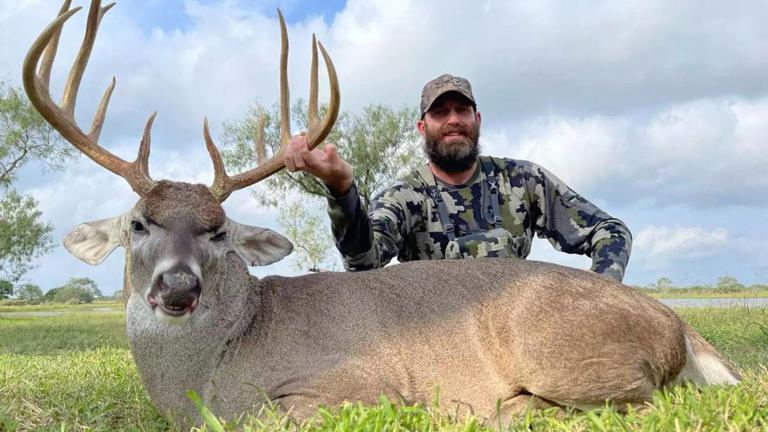Tragic events have already occurred during Michigan’s current deer hunting season. According to reports, heart attacks have claimed the lives of three hunters in the state. The males who died were 57, 65, and 83 years old, and the deaths took place in Tuscola and Arenac counties, according to a Fox News story.
Cold, Physical Strain, and Adrenaline Cited as Risks
Experts attributed the deaths to a combination of environmental variables and the physically demanding nature of hunting. The dangers hunters encounter were described by cardiologist Dr. Bradley Serwer. “Hunting often involves hiking to a tree stand or blind, waiting in the cold, and a sudden adrenaline surge when spotting a deer,” he explained.
Hunters frequently follow injured animals across difficult terrain. The animal, which may weigh anywhere from 100 to 200 pounds, is then dragged back to their vehicles. It can be dangerous to combine physical activity, exposure to cold, and elevated adrenaline, especially for elderly people or those with underlying medical issues.
Cold Weather’s Impact on Heart Health
The danger of heart problems is greatly increased in cold temperatures. According to Serwer, “abnormal heart rhythms, including ventricular arrhythmias, can be triggered by cold exposure.” Because hauling heavy game requires a lot of effort, these arrhythmias might cause abrupt cardiac arrest.
Hunting’s adrenaline rush makes things much more difficult. When under physical exertion, it may increase the risk of cardiac problems. When combined with the lengthy treks to and from hunting grounds, the exercise turns into a cardiovascular endurance test.
Experts Stress Precautionary Measures
Serwer underlined that in order to reduce these dangers, preparedness is crucial. In order to lessen strain during such activity, he urged hunters to maintain a high level of physical condition. Avoiding drinking, dressing warmly, and staying hydrated are also essential.
Another important piece of advice is to always carry a phone. “If needed, hunters should be able to call for assistance,” Dr. Serwer stated. Experts advise participants to exercise caution as the season progresses.
